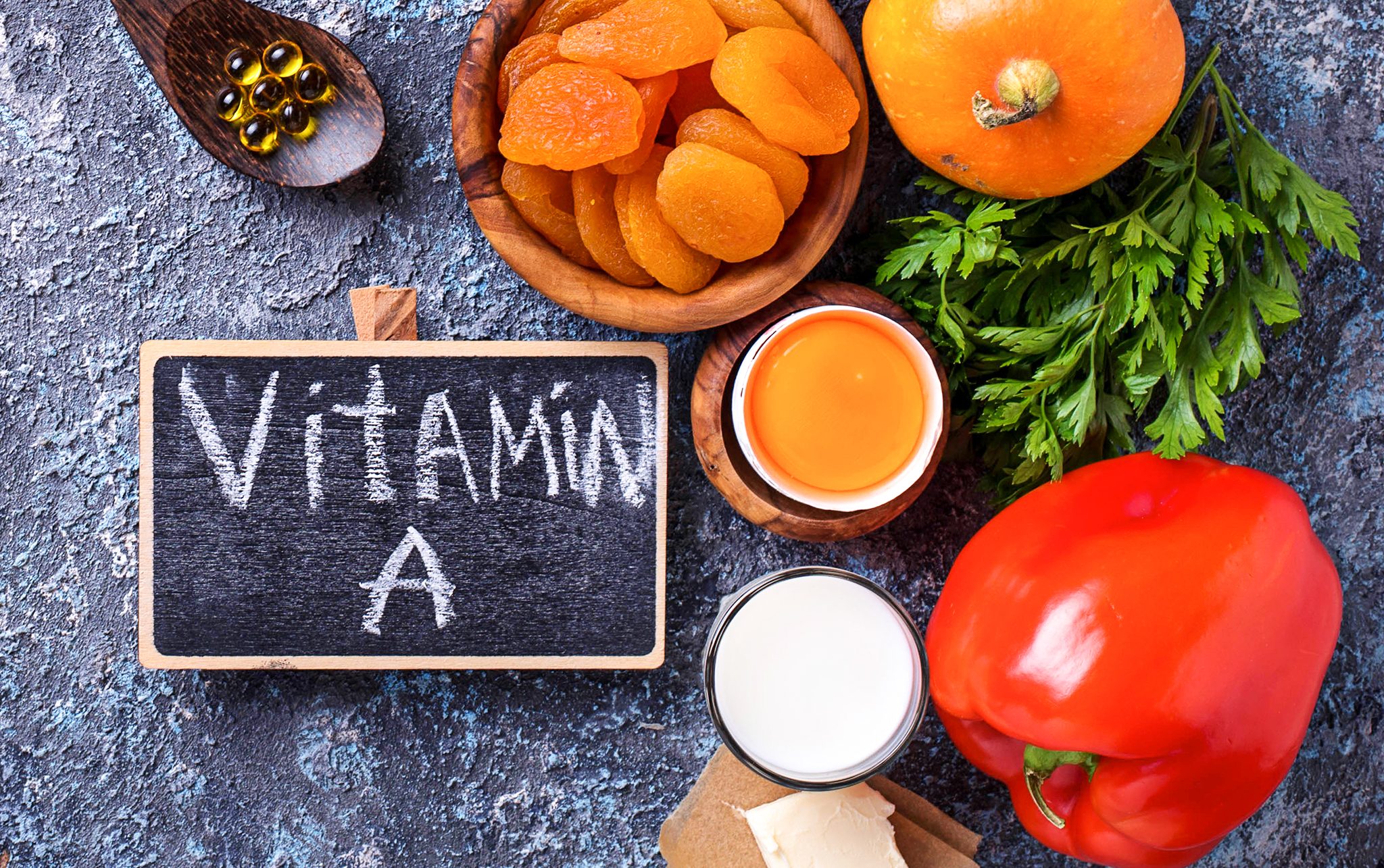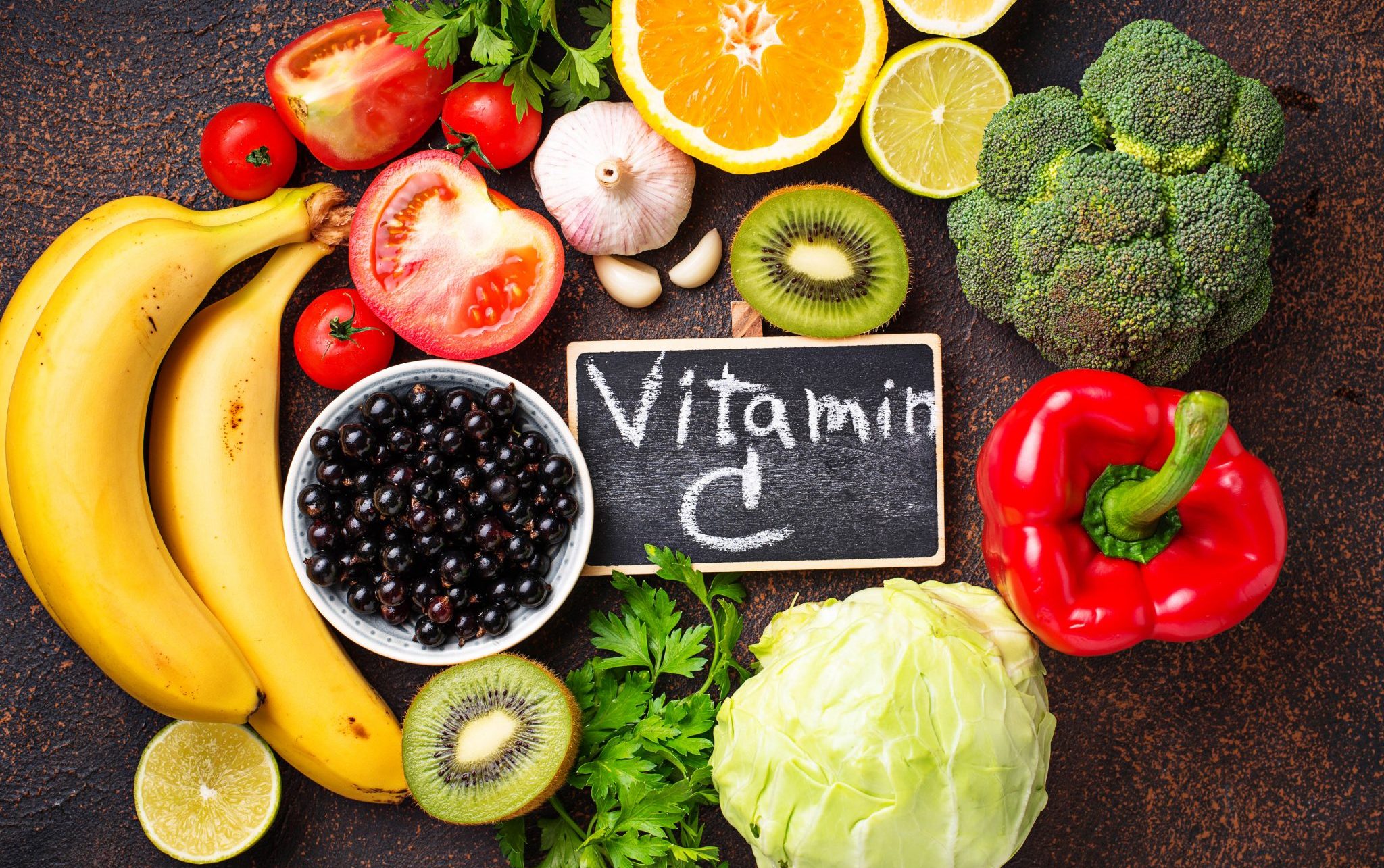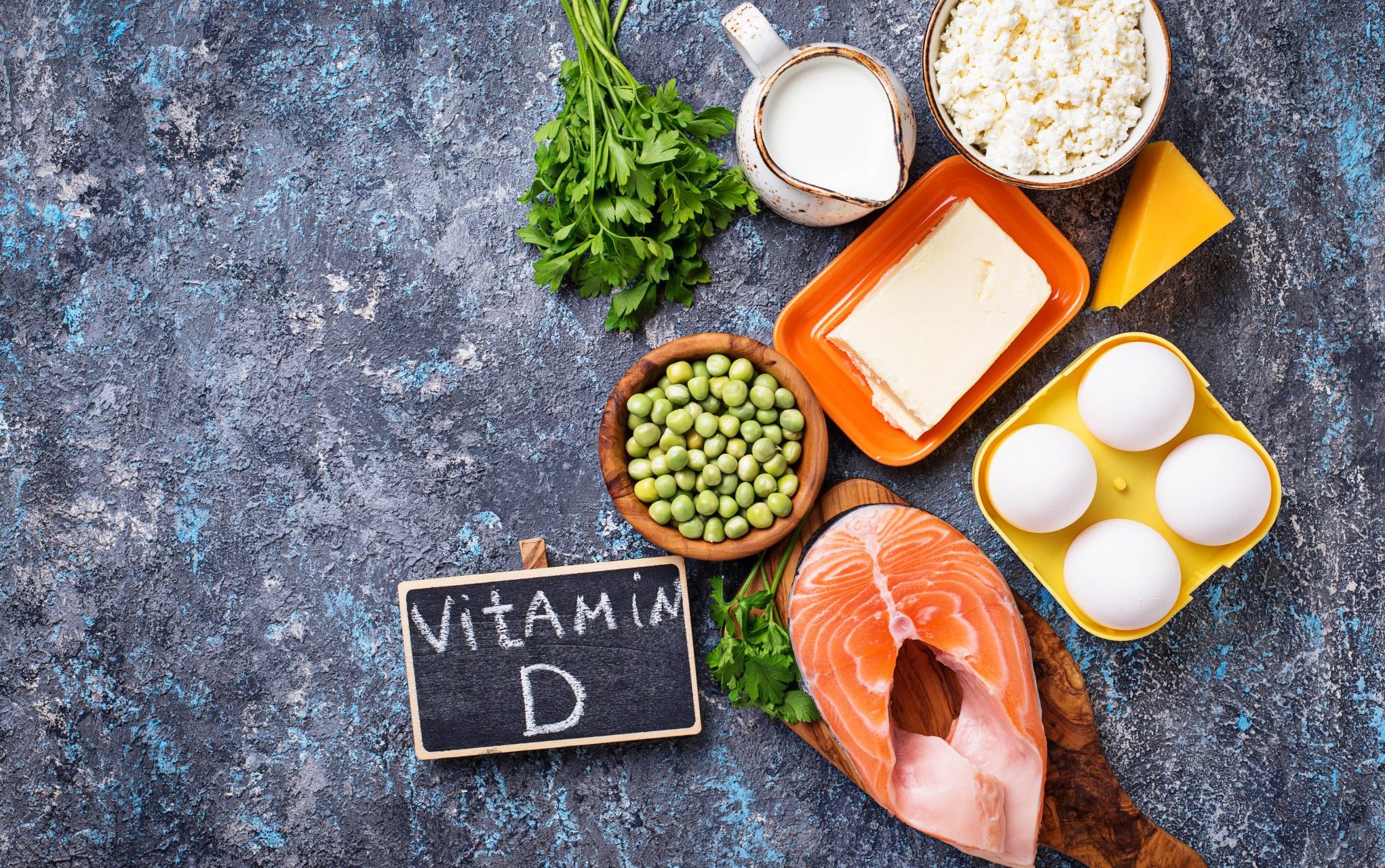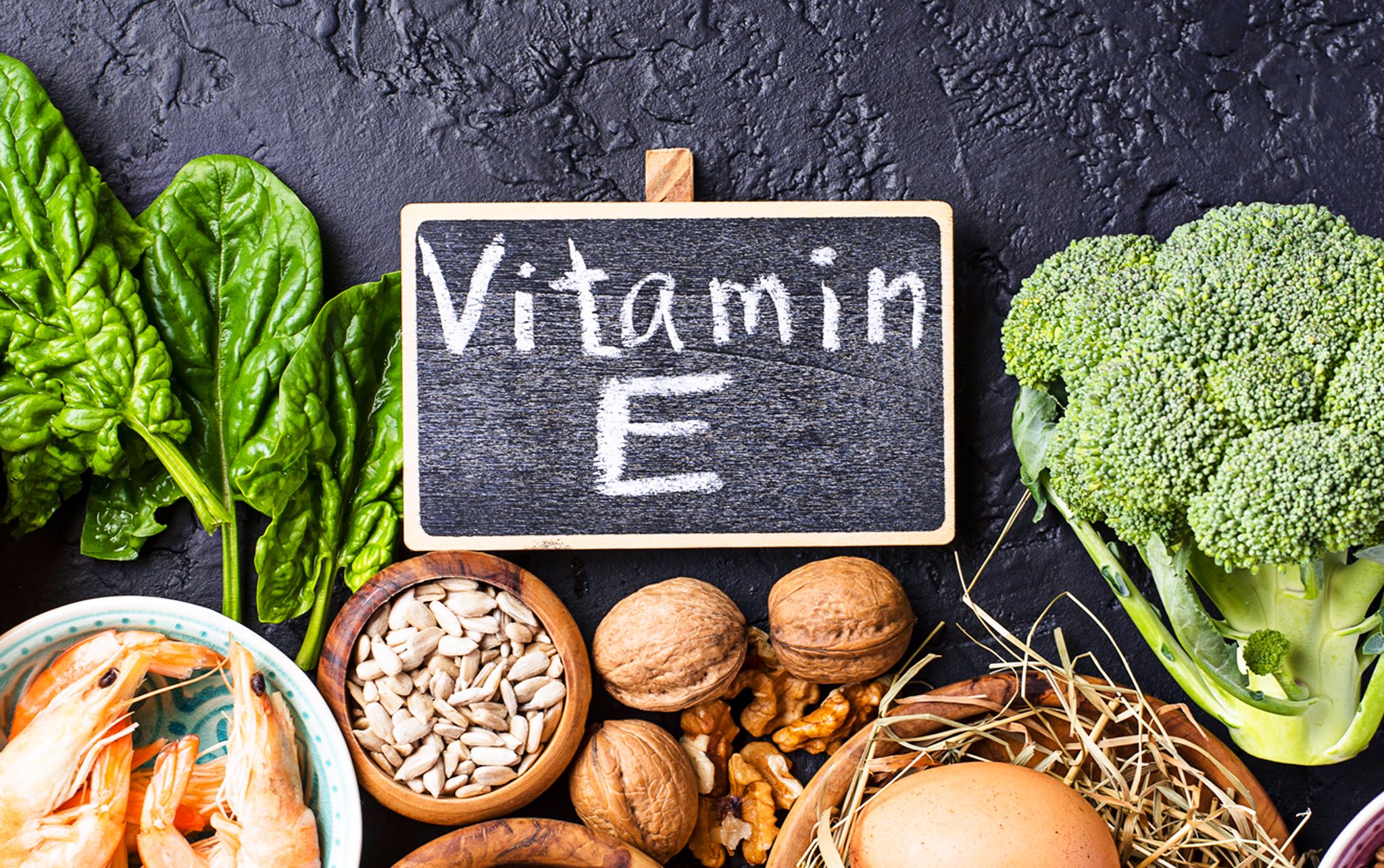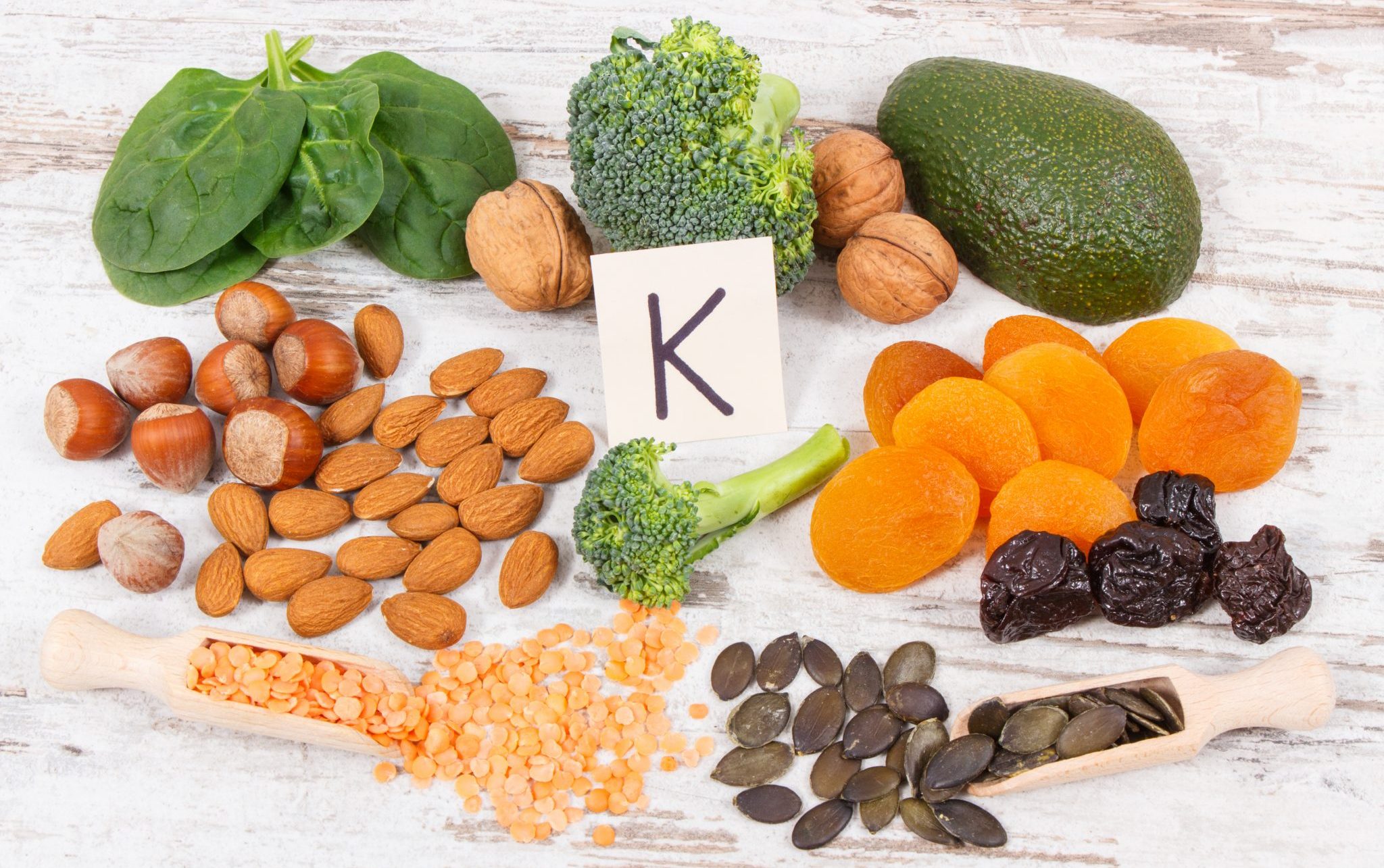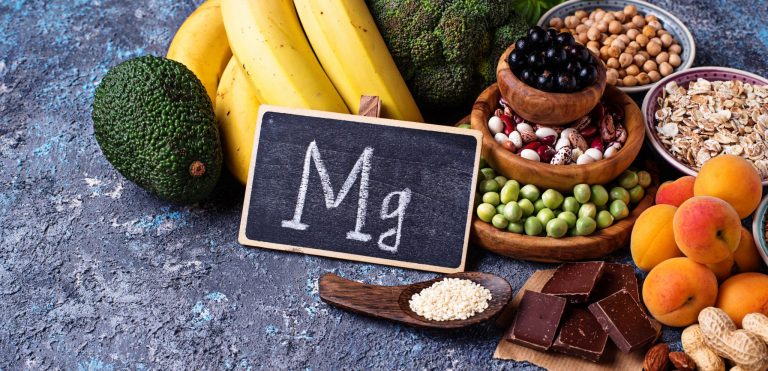Checking your blood at least once a year is a very responsible thing to do. Say you found out that you haven't got enough of one or the other vitamin in your system. You go to your local pharmacy and easily get yourself some. But if you don't know when the best time to take vitamins is and how to take them, your money and good intentions may as well go straight down the drain.
They say that it's best to get your vitamins, minerals, and your macronutrients with food. That might be true, but sometimes this is not the most sustainable or even possible option for people following certain diets and lifestyles, people of certain age groups, and those living in northern climates.
Whichever the case, you should never rely on supplements for too long, just until you get back on track. That being said, let's dive into it and see when's the best time of day to take vitamins and how to take them to reap the most benefits.
Vitamin A
What does it do?
It is most famous for maintaining good vision, especially for low-light and color vision. However, it is also important for general growth and development, immune system, and reproductive system maintenance. Beta-carotene is the most popular type of vitamin A found in supplements.
How to take it?
This vitamin is fat-soluble. It means that it won't work if you don't take it with a fatty meal. That's an important thing to remember even when you order a smoothie or a glass of natural juice that contains carrots. Most baristas will offer you a few drops of olive oil, but if they don't, feel free to ask.
When to take it?
There's no evidence that it's better to be taken at a particular part of the day. So focus on taking it with a meal rich in healthy fats.
Naturally found in these foods:
This vitamin is found both in plants and animals-derived products. You'll find plenty in carrots, tomatoes, oranges, sweet potatoes, mangoes, spinach, pumpkin, peas, broccoli, whole-fat dairy, fish, fish oil, liver, egg yolks.
B vitamins
What do they do?
B complex vitamins include thiamine (B1), riboflavin (B2), niacin (B3), pantothenic acid (B5), pyridoxine (B6), biotin (B7), folate (B9) and cobalamin (B12). Each of them have unique benefits and functions, but in general they play an important role in maintaining a healthy neurological functioning, psychological well-being, in cell metabolism, and in energy production.
How to take them?
B complex vitamins are water-soluble. You can take them with a glass of water or during the meal for better digestion.
When to take them?
You can take them in the morning as well as in the evening, given that you don't drink alcohol with it.
Keep in mind that B6 can induce vivid and weird dreams – depending on your personality, this may be either a pro or a con. B12, on the other hand, can interfere with your sleep as it helps your body to produce more energy, so you may want to keep this one for the mornings.
Naturally found in these foods:
B1: sunflower seeds, wheat germ, pork, etc.
B2: mushrooms, organ meats, beef etc.
B3: lentils, chicken, tuna, etc.
B5: yogurt, avocado liver, fish, etc.
B6: chickpeas, potatoes, salmon, etc.
B7: Yeast, eggs, salmon, cheese, liver, etc.
B9: leafy greens, beans , liver, etc.
B12: animal sources like meats, eggs, seafood, dairy; also in nutritional yeast, fortified vegan foods, etc.
Vitamin C
What does it do?
Vitamin C is a go-to vitamin whenever an yearly flu comes back in fashion to threaten our health once again. It's an irreplaceable agent in helping our immune system function, in protecting our cells against the free radicals, and in tissue repair.
How to take it?
It's a water-soluble vitamin. It can be taken orally with a glass of water or as an injection. Vitamin C helps in iron absorption, so it's a good idea to take the two supplements together or take the vitamin C with a meal rich in iron.
When to take it?
First part of the day works better as this supplement might interfere with your sleep.
Naturally found in these foods:
Citrus fruits, kiwifruit, broccoli, Brussels sprouts, raw bell peppers, kale, rose hip, blackcurrant, strawberries, etc.
Vitamin D
What does it do?
It increases the intestinal absorption of phosphate, magnesium, and calcium. It promotes bone health, muscle function, normal inflammatory response.
How to take it?
It's fat-soluble, so take it with a meal rich in healthy fats.
When to take it?
The time of day you take this vitamin doesn't matter much. However, some people report its interference with sleep when taken too late in the evening. This may be due to the fact that vitamin D can decrease the production of melatonin. So take it in the first part of the day to be safe.
Naturally found in these foods:
Some vitamin D can be found in mushrooms, fatty fish, eggs, and beef liver.
However, hat's the one that our bodies can actually produce themselves but only with the help of direct sunlight. Experts say that having 10-15 min of daily sun exposure during summer time should be enough for the whole rest of the year.
But, obviously, the summer time varies significantly in different parts of the globe. Especially in the northern regions, a large part of the population is walking around with its deficiency. Plus, there's that skin cancer danger of exposing your skin to UV. So taking it as a supplement at least one course per year is very much advisable.
Vitamin E
What does it do?
It works as an antioxidant, it's necessary in enzymatic activities, neurological processes, organ functioning. It also balances cholesterol and hormones, repairs damaged skin and hair, improves muscle strength, among many other benefits. It's also crucial during pregnancy. Vitamin E deficiency is rare.
How to take it?
It's fat-soluble, so take it with a meal rich in healthy fats.
When to take it?
There is no best time to take these vitamins – take them when it suits you best, morning or night.
Naturally found in these foods:
Sunflower seeds, kiwi fruit, almonds, hazelnuts, avocado, leafy green vegetables, wheat germ, mango, butternut squash, broccoli, tomatoes.
Vitamin K
What does it do?
Necessary for complete synthesis of certain proteins, for controlling binding of calcium in bones and other body tissues. It's also crucial in blood coagulation and maintaining healthy arteries.
How to take it?
It's another fat-soluble vitamin, so take it with a meal enriched with healthy fats.
When to take it?
You can take it at any time of the day.
Naturally found in these foods:
Kale, spinach, collards, Swiss chard, mustard, turnip, cabbage, broccoli, Brussels sprouts, asparagus.
Multivitamins
A mixture of vitamins and minerals in one little pill may seem handy, but in reality it's not very efficient. It's always better to target the deficiencies you know you have than taking everything just in case. However, some groups of people, such as active travelers, may greatly benefit from taking multivitamins to support their temporarily poor nutrition.
If you choose this option, the best time to take multivitamins is probably the morning with a meal that contains at least some healthy fats. The reason for this is mainly convenience – it's easier to incorporate your multivitamin pill into your morning routine and just get on with your day.


